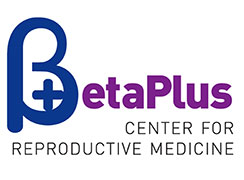In today’s world, it is advised to include healthy habits such as stop taking caffeine and alcohol when planning pregnancy or treating infertility. The question of whether women who are planning to get pregnant should stop taking caffeine and alcohol, i.e. whether occasional or moderate use of those two is in any way connected with increased risk of unsuccessful pregnancy is very common.
In the September 2017 edition of the Human Reproduction an article was published titled: The association between pre-treatment maternal alcohol and caffeine intake and outcomes of assisted reproduction in a prospectively followed cohort.
In this retrospective study the authors had looked into possible association between moderate intake of alcohol and caffeine in the year prior to ART, to ART outcomes. They have used data from questionnaires couples had filled out before ART procedures as well as other medical documentation. The sample was 300 women in the period between 2006 and 2016.
The study shows that low or moderate intake of caffeine (<200 mg/day) and alcohol (≤12 g/day) in the year prior to infertility treatment did not affect implantation, clinical pregnancy rates, or live birth rates.
One of the authors, Dr Gaskins, said that when counseling women we need to focus on healthy dietary habits, i.e. taking seafood, turkey, wholegrain wheat, fruit and vegetables rather than focusing on limiting and prohibiting caffeine and alcohol intake.




